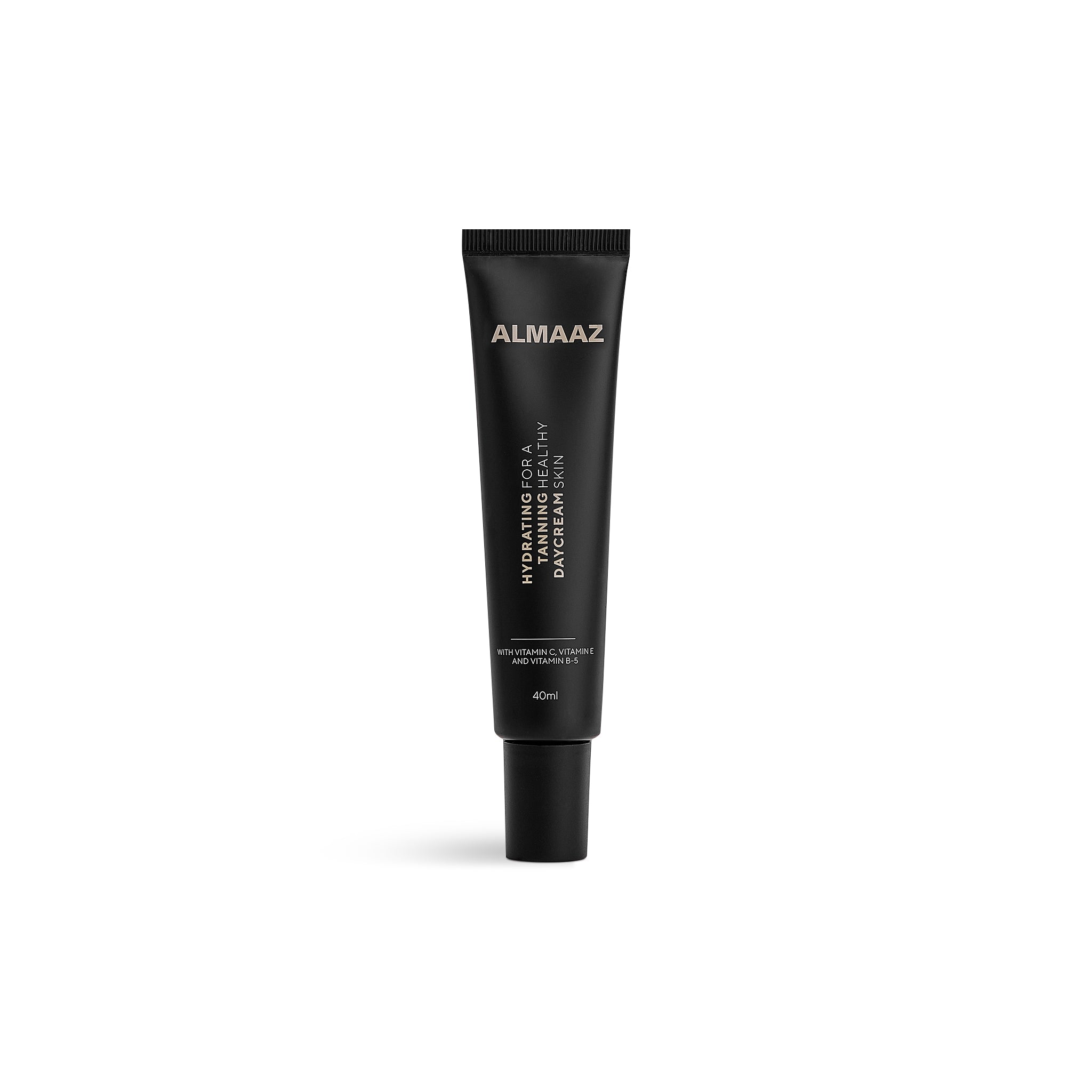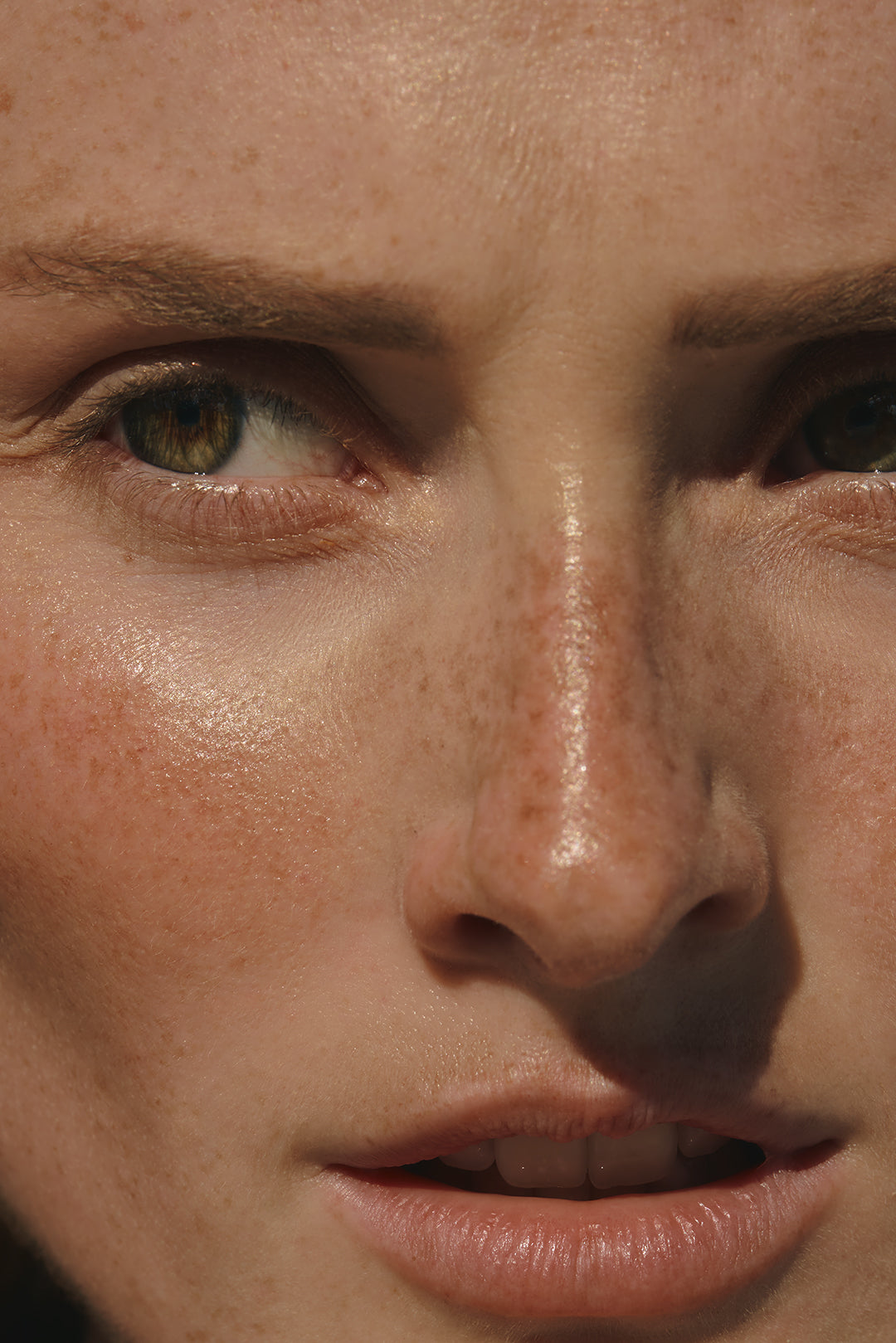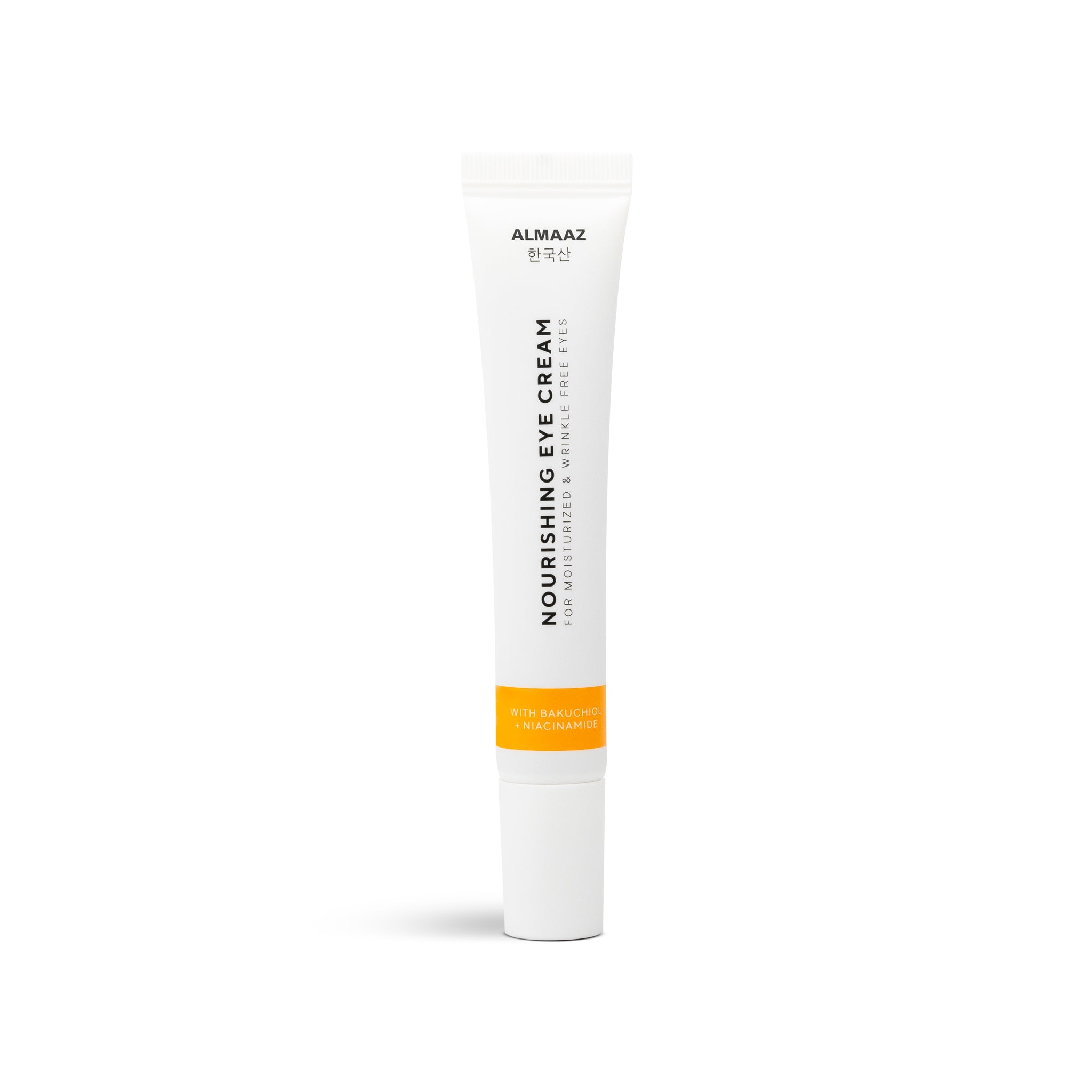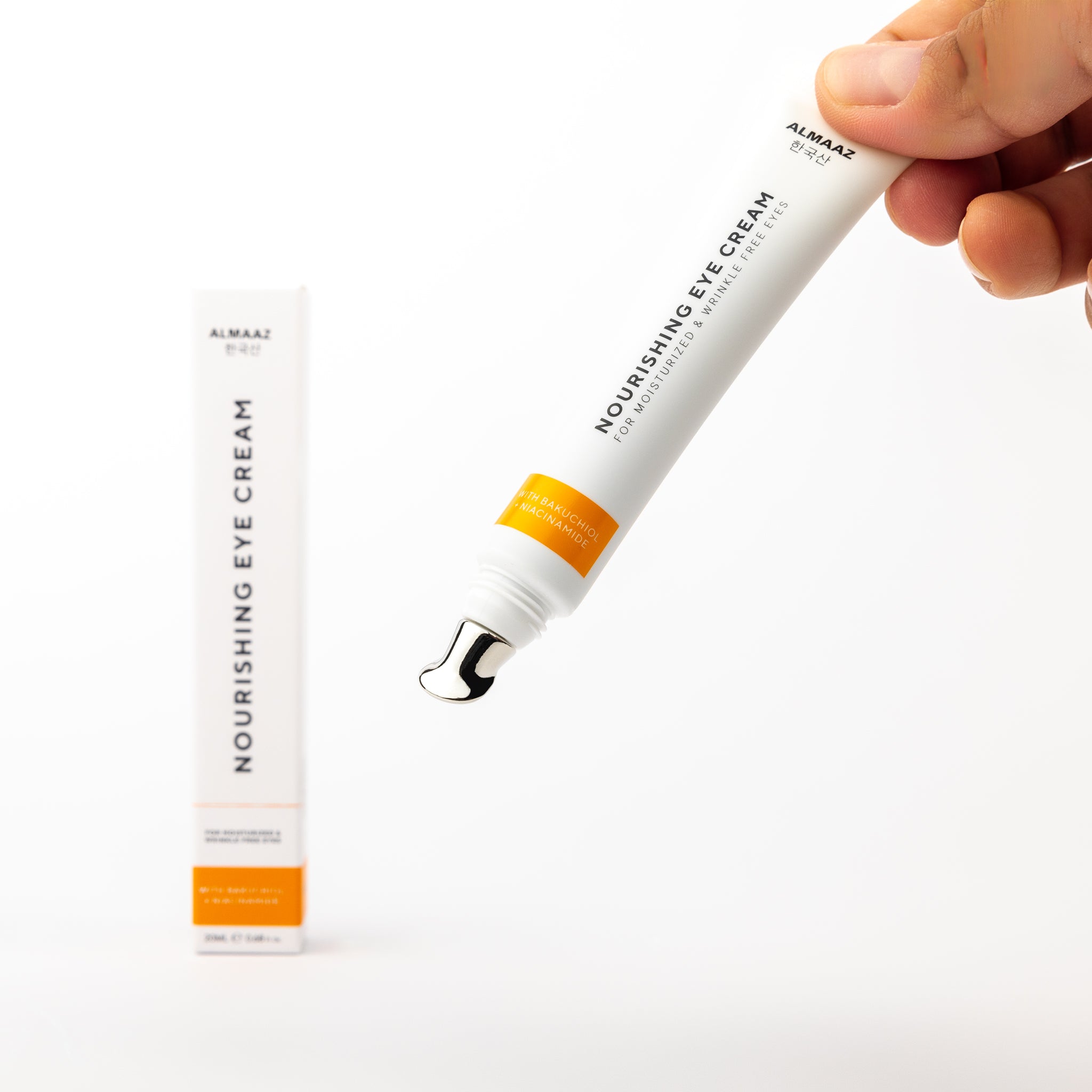Sunscreen is an essential product to protect your skin from the harmful effects of the sun. But choosing the right sunscreen for your skin type can be a challenge. There are so many different types available and every skin type has different needs. In this article we will help you choose the right sunscreen for your skin type.
Why is it important to choose the right sunscreen for your skin type?
Sunscreen protects your skin against sun damage, such as sunburn, skin aging and skin cancer. But using the wrong sunscreen can lead to irritation, acne or other skin problems. It is therefore important to choose the right sunscreen that suits your skin type.
What types of sunscreen are there?
There are two types of sunscreen: chemical and physical. Chemical sunscreen absorbs UV rays and physical sunscreen reflects UV rays.
Chemical sunscreen
Chemical sunscreen penetrates the skin and absorbs UV rays before they can damage the skin. The advantage of chemical sunscreen is that it is usually invisible on the skin and is easy to apply. The downside is that it can cause irritation in some people.
Physical sunscreen
Physical sunscreen coats the skin and reflects UV rays before they can damage the skin. The advantage of physical sunscreen is that it is less likely to cause irritation than chemical sunscreen. The downside is that it can sometimes leave white streaks on the skin and is less water resistant than chemical sunscreen.
Which factor should I choose?
The factor of the sunscreen indicates how much protection it offers against UV rays. The higher the factor, the better the protection. It is recommended to use at least a sunscreen with SPF 30.
Which sunscreen should I choose for my skin type?
Here are some tips for choosing the right sunscreen for your skin type:
Dry skin
If you have dry skin, look for a sunscreen that contains moisturizing ingredients such as glycerin or hyaluronic acid. Also choose a cream or lotion instead of a spray, because it provides more moisture.
Fat skin
If you have oily skin, choose a light, oil-free sunscreen that doesn't leave the skin greasy.
Sensitive skin
If you have sensitive skin, look for a sunscreen that is specifically designed for sensitive skin and that does not contain perfume, dyes or alcohol. Also choose a physical sunscreen, as it is less likely to cause irritation than chemical sunscreen.
Acne-prone skin
If you have acne-prone skin, look for an oil-free sunscreen that is non-comedogenic, meaning it won't clog pores. Also avoid sunscreen with heavy ingredients such as mineral oils or petrolatum, as these can clog pores.
Mature skin
If you have mature skin, look for a sunscreen that contains anti-aging ingredients, such as vitamins C and E. These ingredients help reduce the appearance of fine lines and wrinkles. Also choose a sunscreen with a factor of at least 30 to prevent further damage to the skin.
Children's skin
If you have a child, look for a sunscreen that is specifically designed for children and that does not contain harmful ingredients, such as oxybenzone and retinyl palmitate. Also choose a water-resistant sunscreen because children often play in the water.
How do I apply sunscreen?
It is important to apply sunscreen correctly to get optimal protection. Apply sunscreen to all exposed areas of your body, including your face, neck, arms and legs. Apply it about 30 minutes before going outside and reapply after two hours, or more often if you sweat a lot or swim.
Conclusion
Choosing the right sunscreen for your skin type is essential to get optimal protection against the harmful effects of the sun. Make sure you choose a sunscreen that suits your skin type and use it regularly to keep your skin healthy and radiant.
Frequently Asked Questions
-
How often should I reapply sunscreen? It is recommended to reapply sunscreen every two hours, or more often if you sweat or swim a lot.
-
Should I use a higher factor if I have fair skin? Yes, it is recommended to use a higher factor if you have fair skin to protect the skin from burning and skin damage.
-
Can sunscreen cause acne? Yes, some sunscreens can cause acne, especially in people with acne-prone skin. To prevent this, choose an oil-free and non-comedogenic sunscreen.
-
Should I use sunscreen all year round? Yes, it is recommended to use sunscreen all year round, even on cloudy days. UV rays can damage the skin even when the sun is not shining.
-
Can I use sunscreen if I have sensitive skin? Yes, but it is important to choose a sunscreen that is specifically designed for sensitive skin and that does not contain perfume, dyes or alcohol. Also choose a physical sunscreen, as it is less likely to cause irritation than chemical sunscreen.











